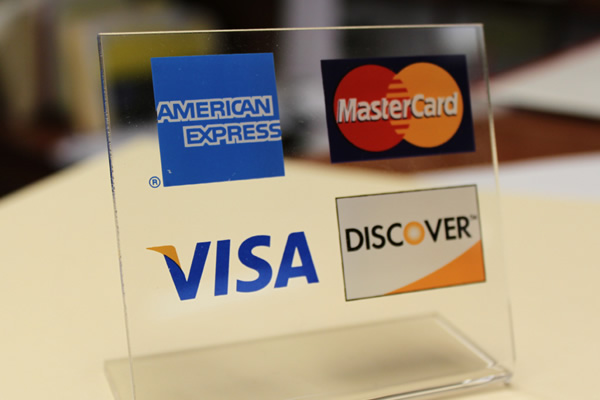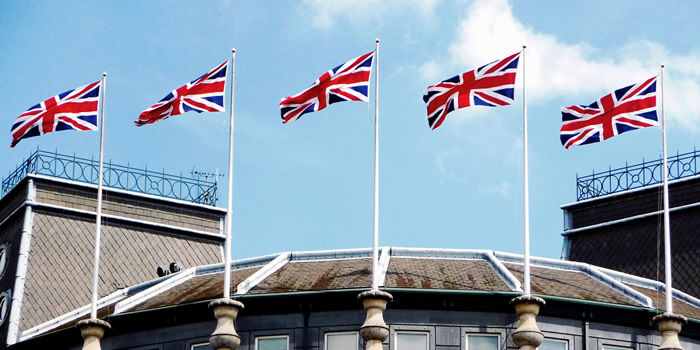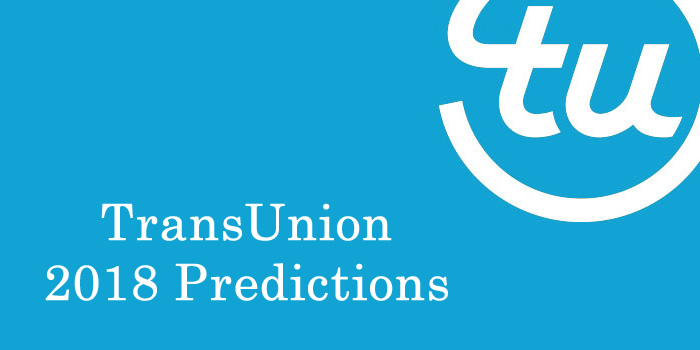
“Do you Smallenfreuden?” It’s already been a year since this phrase was introduced to our vocabulary during last year’s NHL playoffs. Visa ran a viral marketing campaign with the hashtag #smallenfreuden – it wasn’t until a few months later, when we discovered its true meaning. “Smallenfreuden” is a made up English/German word that roughly translates to “the joy of small.” The advertisements encouraged consumers to use their credit card for small purchases.
Canada is increasingly becoming a cashless society, so it should come as no surprise Visa is jumping on the band wagon. In 2012, cashless transactions totaled just over 9.9 billion – with credit cards making up 32% of those transactions. (Source: CPSS – Red Book Dec 2013)
Paying for small purchases with your credit card can be an easy way to earn rewards, but only when used responsibly.
Advantages
Rewards: You’re already swiping your credit card for large purchases and earning rewards, so why not used your credit card for your smaller purchases, too? There are countless credit cards to choose from that offer rewards points and cash-back on purchases.
Don’t think it’s worth the hassle of using your credit card for small purchases? Think again. Small purchases can really add up over time. If you spend $2 a day on coffee, that’s approximately $60 per month (in a 30 day month) or $730 per year you could be earning rewards from.
Convenience: Contactless payment makes it easier than ever to make purchases. MasterCard and Visa have already hopped on the bandwagon with MasterCard PayPass and Visa payWave. For purchases under $50, you no longer need to swipe your card and sign a receipt – simply tap your card and your purchase is made in an instant.
Grace Period: As long as you’re spending within your means, credit cards offer a great way to improve your cash flow. When you pay for purchases with cash or debit, the money is gone right away, but when you use your credit card you have a little more breathing room. Most credit cards come with a generous 21-day grace period. Payment isn’t due until the end of your grace period, allowing you to free up more of your cash flow.
Fraud Protection: Most major credit cards offer fraud protection regardless of the amount of your purchases. If your credit card is lost or stolen, you’re most likely covered under your credit card’s zero-liability policy. This is especially important with contactless payment methods, as a fraudster can easily rack up a lot of small charges in a short period of time.
Track Spending: Credit cards make budgeting a lot easily. Spending $10 a couple times a week may not seem like a lot, but it can quickly add up to nearly $100 extra in spending a month. We generally feel less pain when we use our credit card for purchases versus cash. You should get in the habit of checking your credit card statement online weekly. This will help keep your spending in check, so you’re less likely to carry a balance.
Disadvantages
Overspending: With credit cards it’s easier to lose track of your spending and get even more in debt. If you’re not careful, you can end up with a hefty credit card balance owing at the end of the month. Track your spending and use your credit card responsibly to avoid carrying a balance and paying interest at 19.99%.
Credit Card Fees: Credit card transaction fees can hurt small businesses. Although you may be earning reward points when you use your credit card for small purchases, you may be earning it on the backs of small businesses.
Each time you tap or swipe your credit card to make a purchase, 1 to 2 per cent of the purchase price goes to credit card issuers instead of businesses. Although it hurts their bottom line, most small businesses offer credit card as a method of payment for customer convenience.
Some small businesses are starting to change their tune, limiting credit card use to purchases above a certain amount, such as $10 – even though most merchant agreements forbid the practice. (Source: MasterCard Rules Section 5.11.3) The premium credit cards take an even bigger bite out of the bottom line of businesses. Before you use your credit card next time, think about the impact it will have on mom and pop stores struggling to make end’s meet.
The Bottom Line
Whether it’s a $2 cup of coffee or a $200 laptop, you should use your credit card responsibly. Small purchases offer a great way to earn reward points, as long as you track your spending and don’t end up carrying a balance. Small purchases can quickly add up, so don’t fall victim to the urge to overspend in a cashless society.
(Photo credit: via Flickr ptmoney.com CC BY 2.0)




